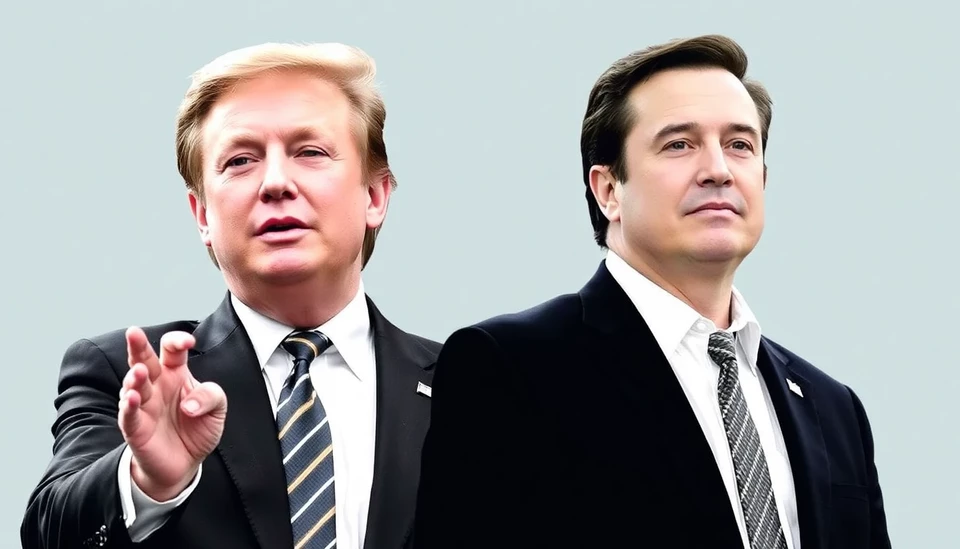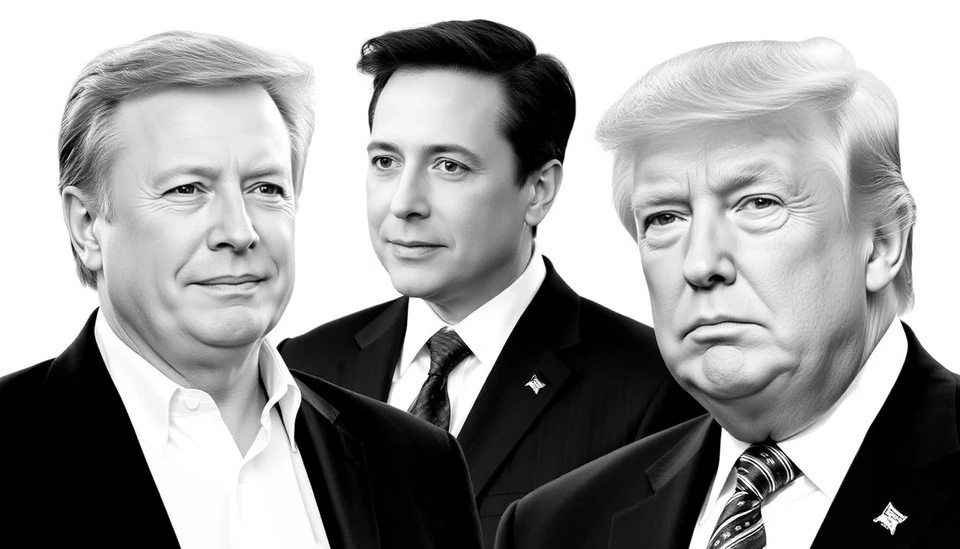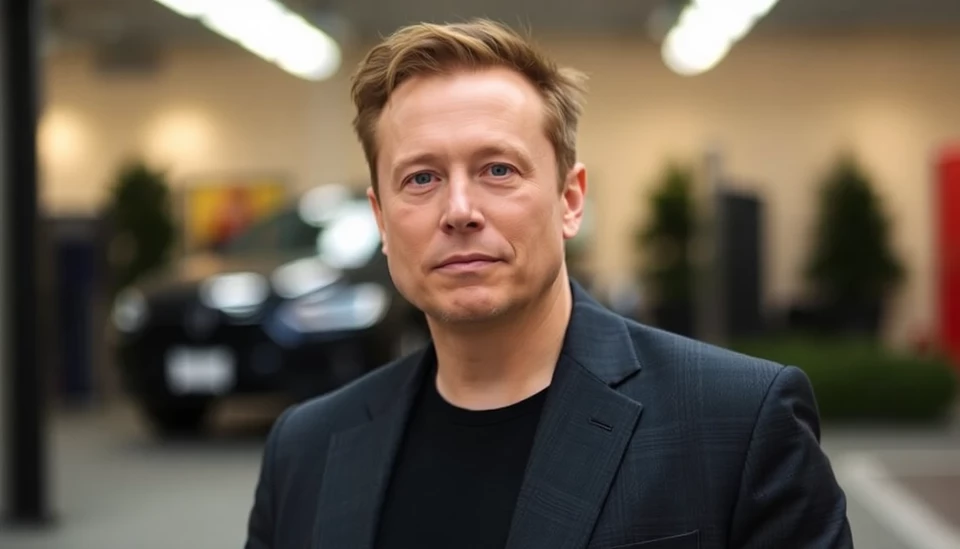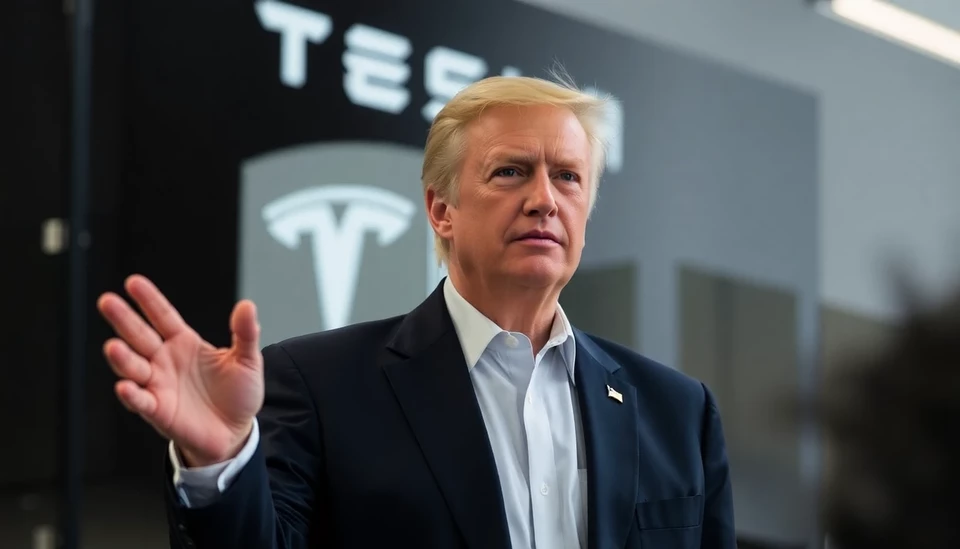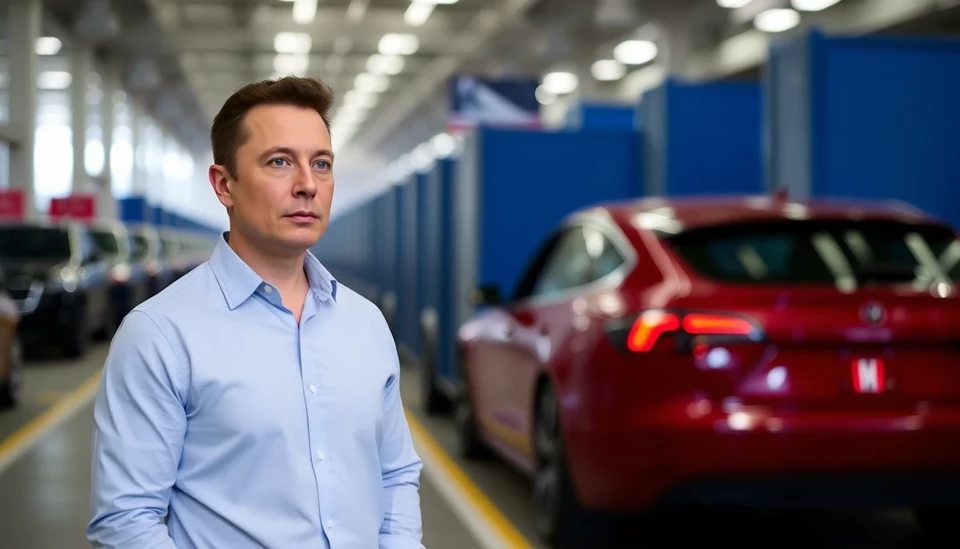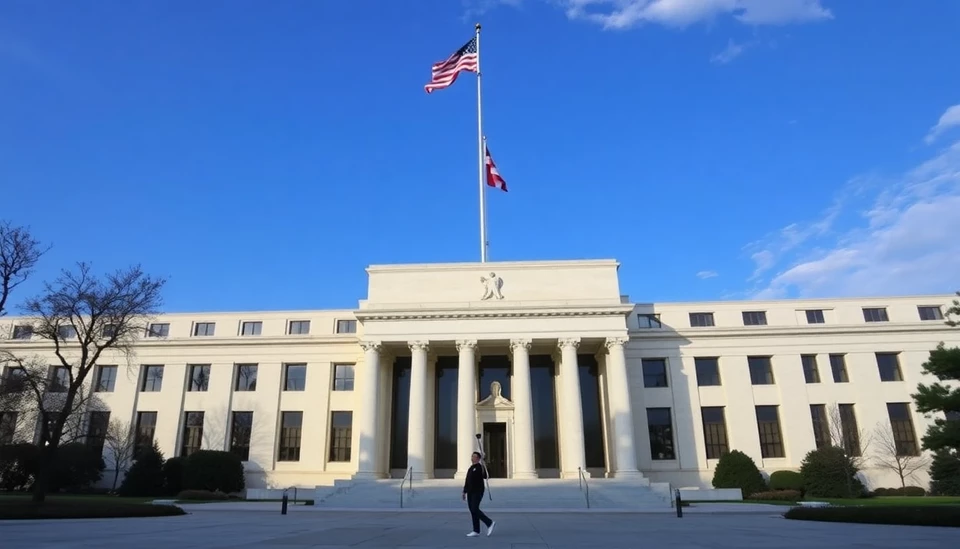
In a bold and unexpected move, billionaire entrepreneur Elon Musk is setting his sights on the Federal Reserve, targeting what he deems an "overstaffed" institution as part of his ongoing quest for operational efficiency. Musk, known for his transformative impact on industries from electric vehicles to space exploration, is now addressing the inefficiencies within the U.S. central banking system. The focus of his critique revolves around the perceived excess of personnel and the associated bureaucratic processes that he believes hinder effective monetary policy and prompt decision-making.
This initiative aligns with Musk's larger philosophy of leveraging technology and restructuring legacy organizations to boost productivity. His methods have often included dramatic cost-cutting measures and the implementation of innovative practices drawn from Silicon Valley's rapid pace of change. In recent statements, Musk underscored that the Federal Reserve must adapt to the evolving financial landscape, particularly as global economies grapple with inflation and economic instability.
Musk's intervention comes at a time when inflation rates are a primary concern for consumers and policymakers alike. By calling for a reduction in the Federal Reserve's workforce, he argues that a leaner organization would allow for more agile responses to economic fluctuations, potentially allowing for faster adjustments to interest rates and monetary policy changes. These adjustments could, according to Musk, restore confidence in the financial system and ensure that economic growth remains on a stable trajectory.
The Federal Reserve has faced criticism in recent months regarding its handling of economic recovery and inflation. Critics from various sectors have suggested that the central bank's complex structure and size may be hindering its effectiveness. Musk seems to resonate with these critiques as he advocates for a re-evaluation of the Federal Reserve's operational framework. His push for change reflects a broader discourse on governmental efficiency and the importance of agile governance in today’s fast-paced world.
Industry analysts have noted the potential ramifications of Musk’s involvement in shaping policy discussions around the Federal Reserve. While his influence in tech and automotive sectors is undisputed, translating that influence to the realm of monetary policy could be a challenging venture. Nevertheless, Musk's reputation for driving change may attract attention to necessary reforms within the institution, possibly inspiring a shift towards a more operationally efficient Federal Reserve.
The overarching discourse raises crucial questions about the balance between necessary oversight and efficiency. As Musk's calls gain traction, the Federal Reserve may find itself at a crossroads, needing to respond not only to economic pressures but also to an evolving public expectation for performance and responsiveness.
With the implications of Musk's initiatives still unfolding, many are watching closely for how the Federal Reserve will adapt to these conversations about efficiency, staffing, and overall effectiveness in managing the nation's economy.
The discussion continues, with many stakeholders eager to see if Musk's vision will bring about tangible changes or if this will remain another chapter in the complex narrative of the Federal Reserve's operational evolution.
#ElonMusk #FederalReserve #Efficiency #MonetaryPolicy #Finance #Inflation #Bureaucracy #OperationalExcellence #EconomicStability #Innovation
Author: Daniel Foster
